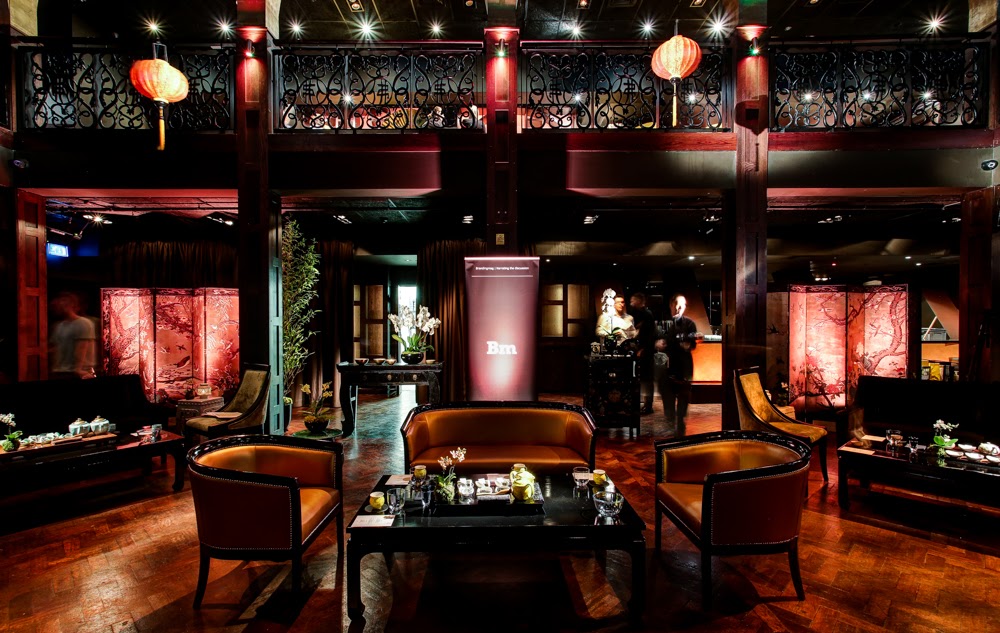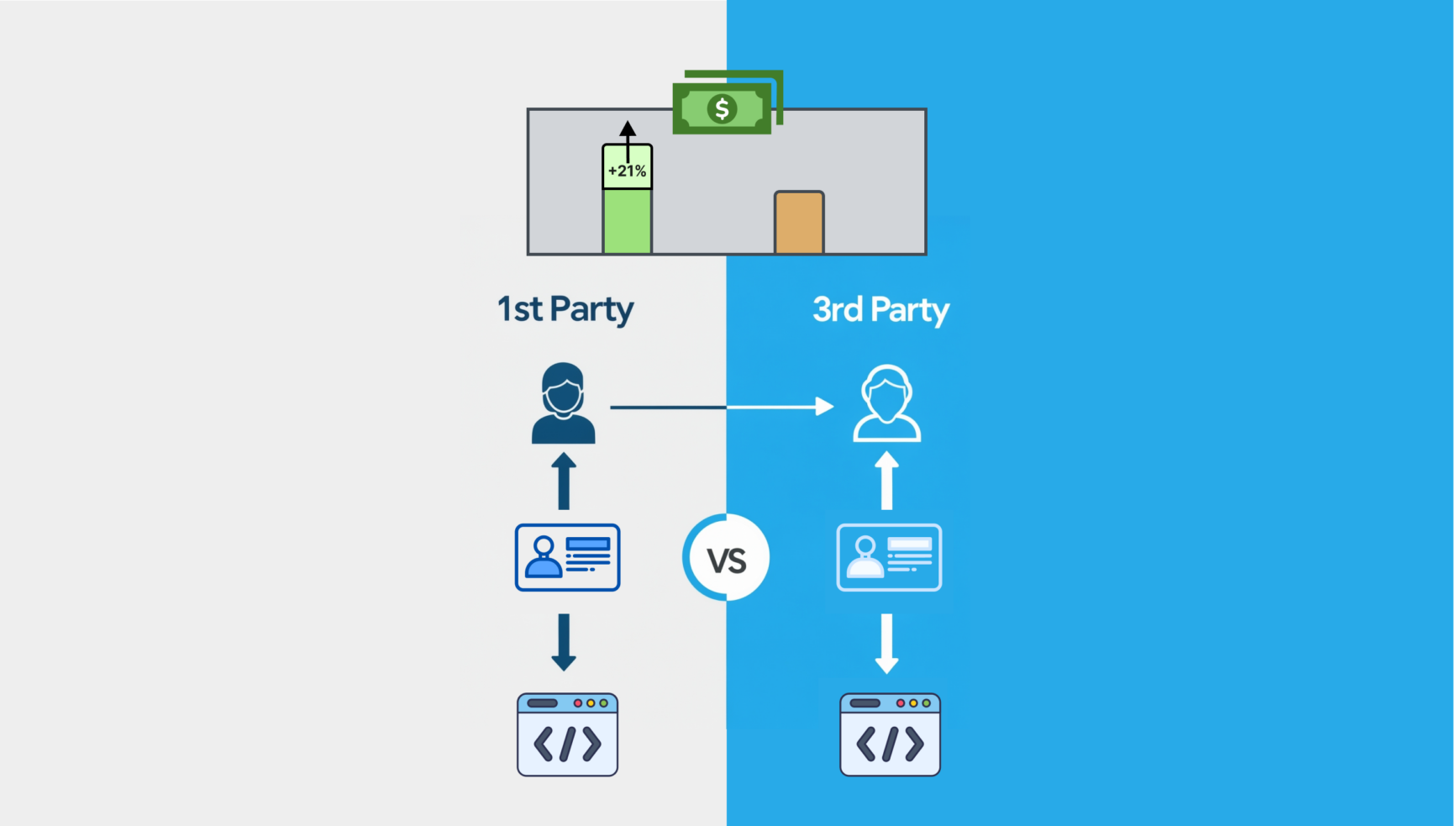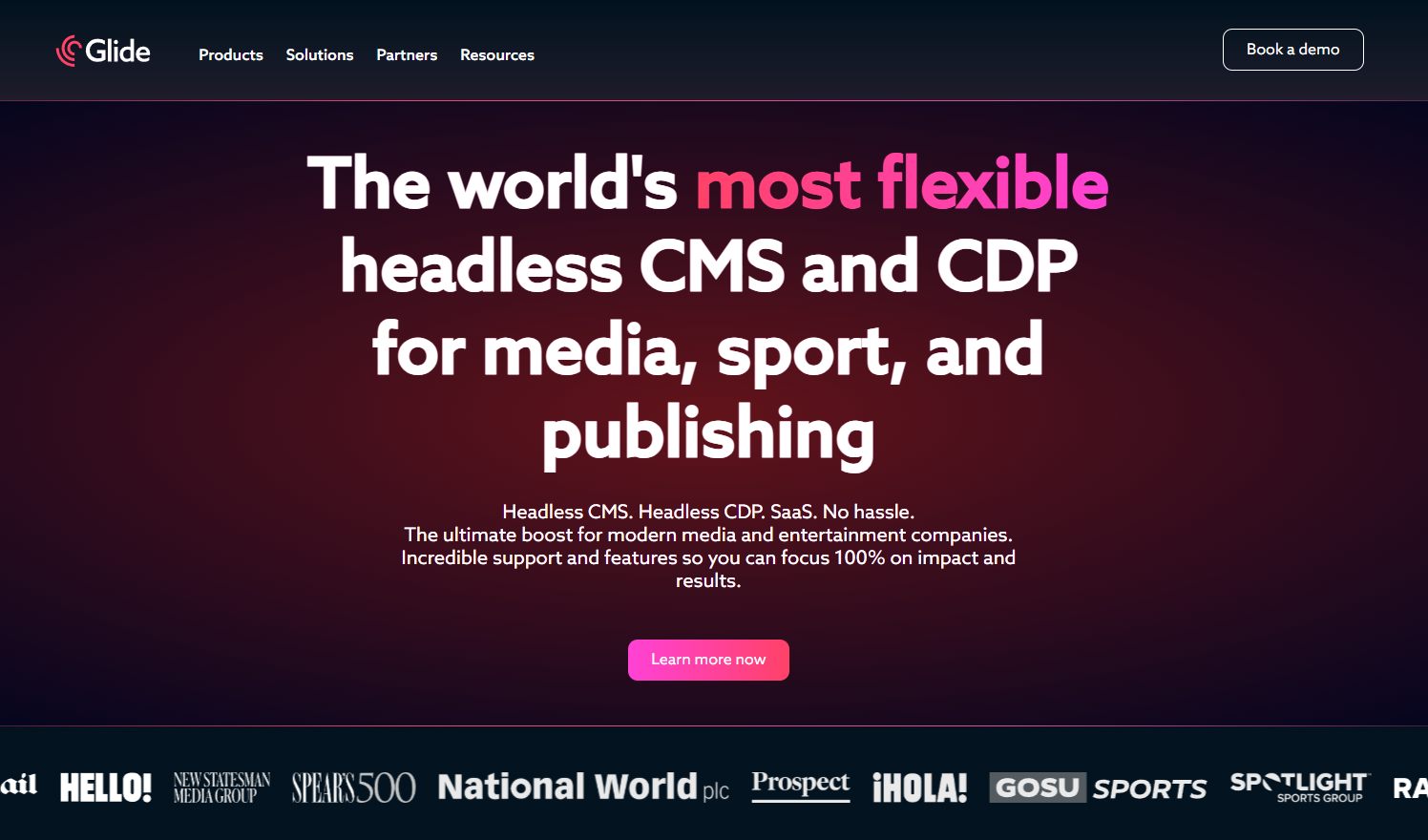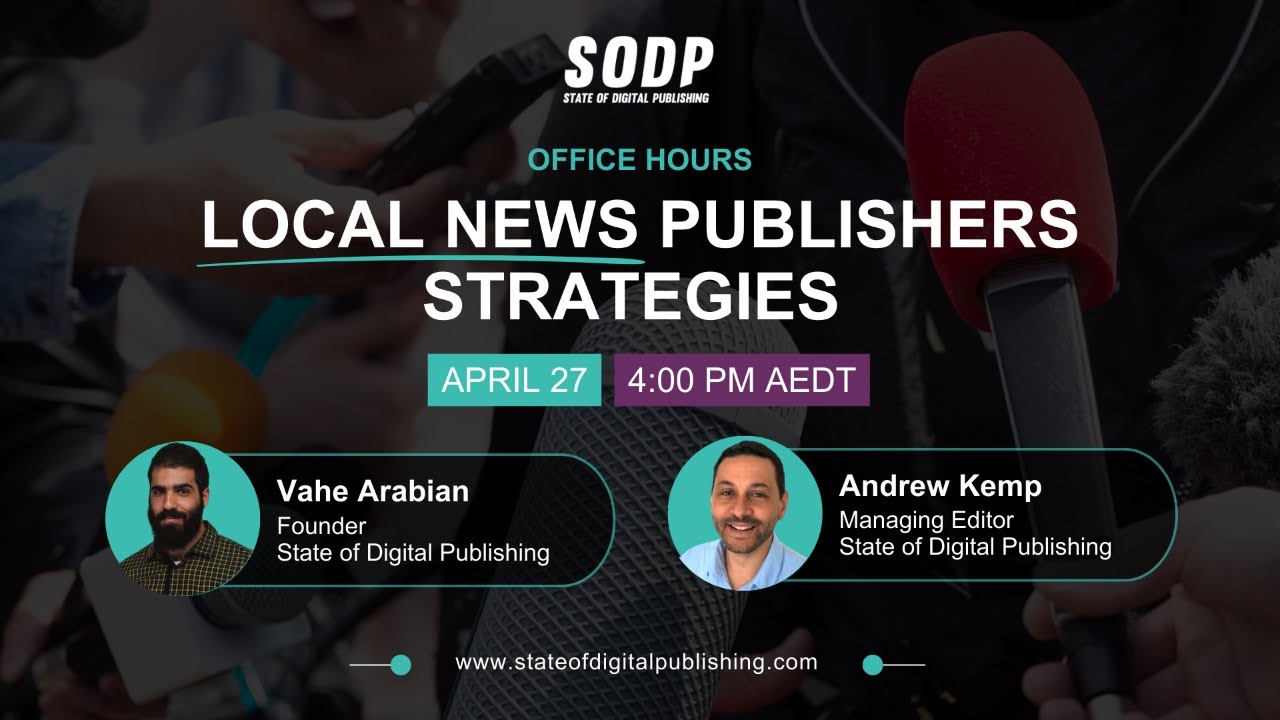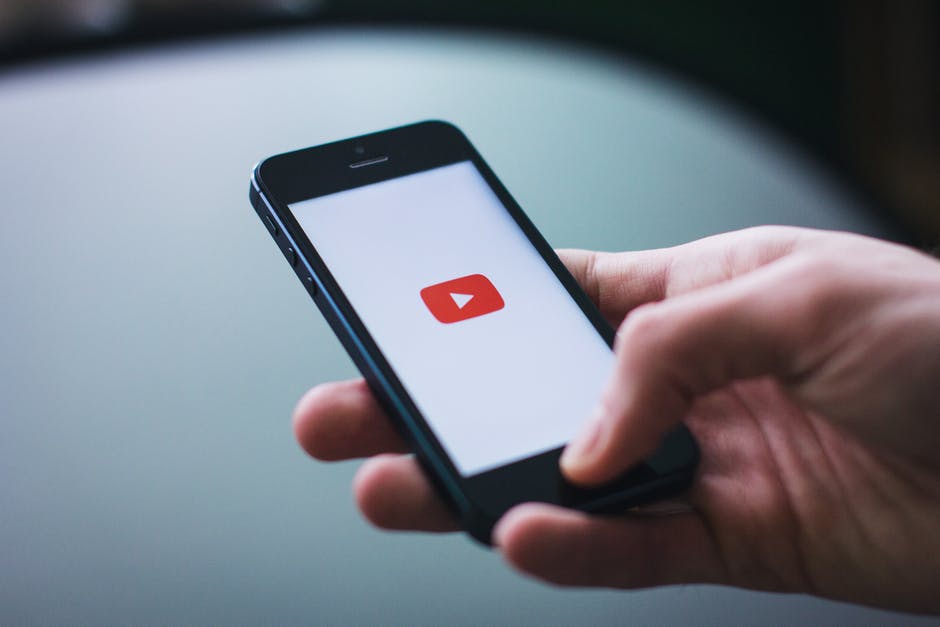Flavia Anghel is the Editor-in-Chief at Brandingmag.
What led you to start working in digital/media publishing?
In some ways, my foray into digital/media publishing was an unexpected one — while, in other ways, it was not. I began as a contributor at Brandingmag right as I was finishing university and looking for a stable job. Knowing that it was the foremost medium for branding education (and being a writer by trade), I felt it was the perfect opportunity to combine what I wanted to do job-wise with one of my passions. The fact that I lived in New York City and had access to many leaders and events quickly propelled me to the role of Editor-in-Chief, a role that I was more than happy to take as I had decided to build my own consultancy in the meantime.
What I love about publishing is that its content: something lives forever, that has the opportunity to become a reference for the work of others, and (thanks to the Internet) touches many more people around the world than my physical presence can reach. And branding, in itself, is a tool that influences all that we do. I originally wanted to work in international relations, but quickly found that politics was not my forte. Branding is just as powerful — if not more so — and publishing on the topic of branding is something I feel has the power to change things for both those inside and outside the industry. For branding is not solely about consumers, sales, and creative execution; it has innate qualities that can be set parallel to the way we as people, as societies, as countries value ourselves both internally and externally.
What does a typical day look like for you?
None of my days are the same, but one thing is for certain: I am always either writing, in some kind of call/meeting or speaking at an event.
I have my eggs in many baskets and our teams are quite small, so everyone is very hands-on. For example, many do not know that along with being Editor-in-Chief of Brandingmag and Branding.news, we also consult large organizations on what we call editorial marketing, building foundational content structures that last long beyond the time of our implication. We have a proprietary approach to quality content, and how it links two (unfortunately) disparate concepts in our industry: design and communications. Part of my day, simply put, is taking my connections and transforming them into long-term clients. We don’t take on very many because we literally become part of their teams, some even designating roles such as “editor-in-chief” to consultants from our team because of how important editorial marketing becomes for them.
Other parts of my day, believe it or not, are spent building a blueberry plantation in Transylvania (where my family is from) with my father. I’m a certified “young farmer,” so to speak, and take pride in the fact that my family has returned to Romania after many years abroad to take some of our precious lands and transform it into something sustainable.
Lastly, I am also the co-owner of a gallery and shop in Prague, due to open in the summer. So, when I’m not developing new business, editing articles on Brandingmag, or consulting on business strategies (e.g., content, media, advertising, products, etc.) across the board with my teams, I’m working with one of my best friends on a creative project that we’ve been meaning to establish for a long time in the Czech Republic.
What does your work setup look like? (your apps, productivity tools, etc.)
My teams and I are very organized and depend on some of the typical apps (I believe) to get our jobs done: Google Apps, Asana, Whatsapp, Slack, Skype, Spotify, TeuxDeux (which is great for to-do lists), MailChimp, Buffer, Pocket, Medium, Feedly, Xero (for finances), and of course, social media platforms.
Ironically, we still find ourselves leaving each other sticky note reminders of what needs to get done. There’s nothing like the good ol’ pen and paper it seems.
What do you to get inspired?
It may seem to many that I am glued to my screens (computer, phone, etc.), but as a human being, I am an advocate of energetic balance and physical freedom. I cannot stay too long in one place, so often times I will decide to fly somewhere new for a while to change my environment and surrounding interactions. I meditate quite often, as well, to ensure that I remain at peace energetically regardless of the business-based discussions and decisions that I deal with on a day-to-day basis. And, of course, I read — but not about my work (that happens rarely). I prefer the work of someone like Mircea Eliade — a Romanian author, in fact, but someone that I recommend everyone reads at some point in their lives (the sooner the better).
I also take great inspiration from my husband’s work. He is a piano composer — very fitting as I love classical music — and is working on his own research in quantum physics. It is quite an incredible journey each time we sit down and discuss his discoveries; it simply pulls me out of my realm and into a world that is that much more palpable and abundant. And it works vice versa, as well: he has reached a point where he relates some of his work to the power of branding (something I definitely don’t see coming but I am certainly inspired by when it does).
And let’s not forget anything that has to do with animals or colors. The moment I jump on a horse and ride through a forest, or draw on paper something that I’ve seen only in my dreams, is the moment when I can say I’ve been inspired to act — and to feel.
What’s your favorite piece of writing or quote?
“To do what you love is freedom. To love what you do is happiness.” This is one that has stuck with me since I was much younger, thinking about what kind of life I wanted to lead: a free one, both mentally and energetically.
“Truth that is naked is the most beautiful.” I cannot tell you if he came up with this or not, but my husband was the first one to say this to me. And after everything I’ve learned over the years about honesty and peace, I firmly believe that he is absolutely right.
As far as written pieces go, my favorite book from childhood is “Heart of Darkness” by Joseph Conrad. My favorite one from adulthood, however, is quite different: it’s called “Soliloquies” and it’s by Mircea Eliade.
What is the most interesting/innovative thing you have seen on another outlet other than your own?
I really admire 99% Invisible for broadening my horizons when it comes to design and the way our environments are architected around us. It’s incredible to see how many things go unnoticed, yet if they were absent, then we’d be at a loss. Not to mention that the stories they present are inspiring for our thinking in branding, as well, and they do a great job of partnering naturally with other platforms (such as this video that they presented in partnership with VOX).
Content from our partners
What is the problem that you’re passionately tackling at the moment?
At the moment, I have moved back to Transylvania after more than 20 years of being abroad to open an office here and establish some key events across the country. As I’ve mentioned, I’m not the biggest fan of politics and I feel that many people in my homeland are growing tiresome of rebelling against a structure that continues to dissatisfy their needs on a day-to-day basis. I believe that branding has the power to change things, especially since it touches absolutely everything that we do (consume, follow, etc.) and are (see the rise of personal branding worldwide).
For that reason, we are not only growing Brandingmag here, but we are also putting together the world’s 1st global forum for open branding — entitled Rebels and Rulers — later this year in order to give the people of Romania and its neighboring countries (hungry for quality branding education as they are) access to some of the world’s top minds in design, marketing, branding, and technology. The country is lacking institutional support when it comes to digital fields such as these, and we feel that a platform like ours can not only satiate the educational hunger but also propel other organizations to move in the direction of quality branding. That’s the benefit, I think, that many Eastern European countries have. We may be behind, but with the right tools and guidance, we can surpass some of the bad habits seen in the West to create and distribute truly useful and effective strategies across brands of all industries.
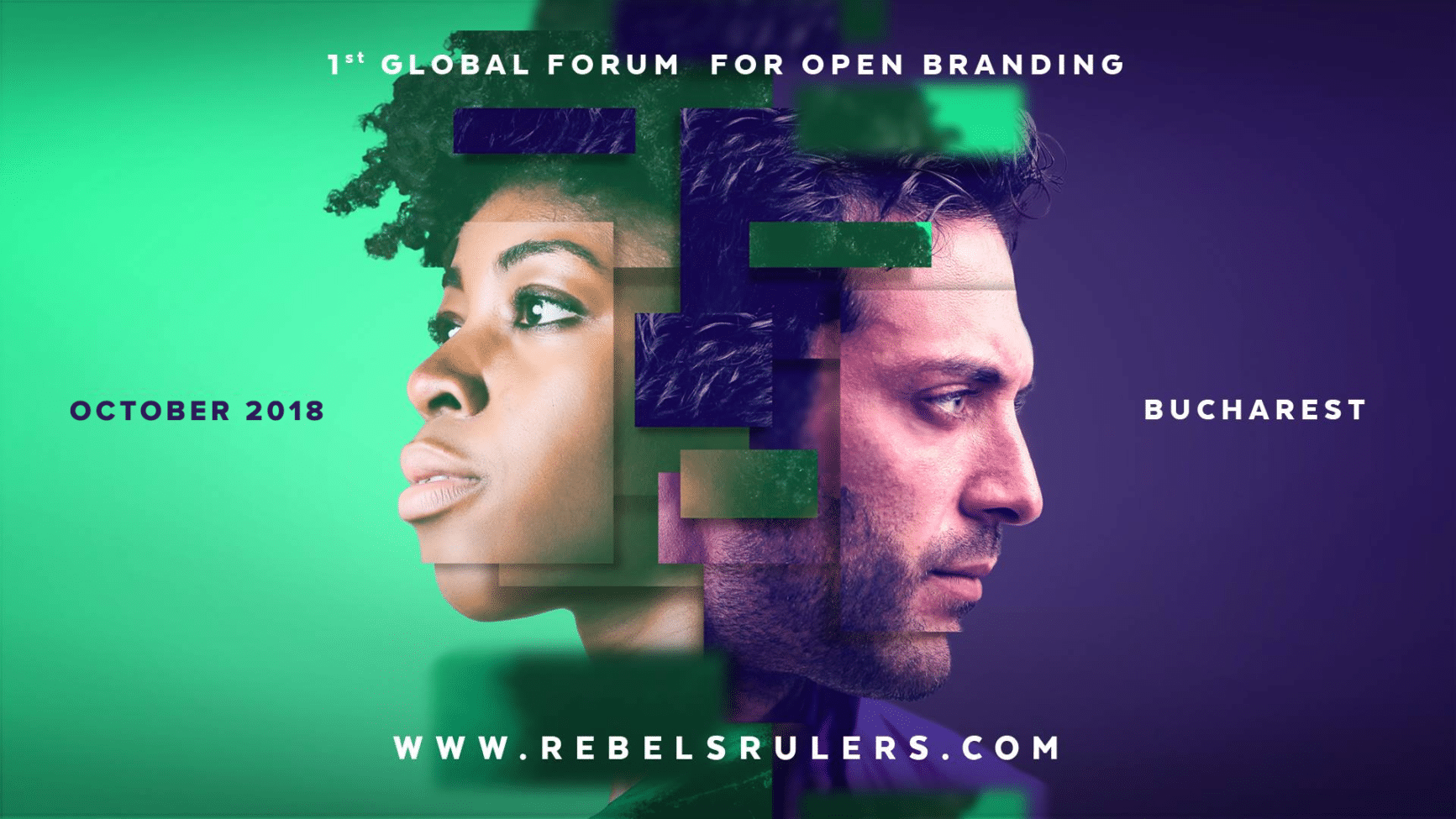
Do you have any advice for ambitious digital publishing and media professionals who are just starting out?
It’s easier said than done but stick to quality rather than quantity. I can’t tell you the number of times when we had the opportunity (via investment, partnerships, and other modes) to grow our platform to something huge in a quantified sense. I kept refusing because I wanted to only align myself with the people and organizations that I knew would respect the quality that we wanted to maintain our content, interactions, and clients. It takes quite a bit of patience to keep to this path, but it is always worth it in the end. We’re proud to be the underdog that people can depend on, the one that refuses to accept sponsored content or even regular contributions that are lower in quality than we would like — no matter who the author is.
This is something to be wary of when translating your digital presence into physical experiences, as well. We spent approximately one year thinking of how to execute our first event until we came up with Branding Over Tea, an experiential workshop merging branding themes and tea traditions (and the 1st of its kind) in London. Rather than architecting a commonplace workshop or networking event, we opted for an event that required a larger investment of time, strategy, and money, but one that we felt represented our core purpose: quality education. And I have to say that I’m so glad we did: executives walked out of the event feeling like they had partaken in something unique and we walked away with a bar set much higher than before.
